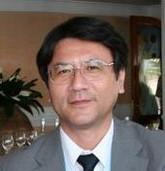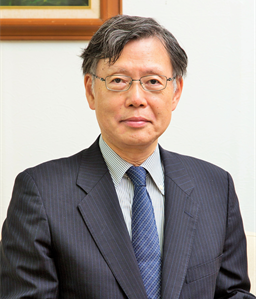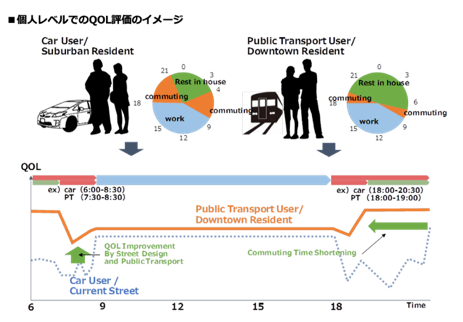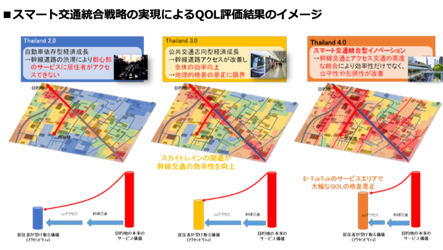Group3
Member list
Japanese members

Dr. Yuji Iwahori
Group leader
Chubu University
Professor

Dr. Yoshitsugu Hayashi
Project leader
Chubu University
Professor

Dr. Ikuo Sugiyama
Osaka University
Visiting Professor
Kobe Institute of Computing
Project Professor

Dr. Shinji Fukui
Aichi University of Education
Associate Professor

Dr. Hiroyuki Takeshita
Chubu University
Senior Assistant Professor for Special Programs

Mr. Achariyaviriya Witsarut
Chubu University
Doctoral Candidate
Thai members

Dr. Boonserm Kijsirikul
Group leader
Chulalongkorn University Professor

Dr. Pittipol Kantavat
Chulalongkorn University Researcher
Abstract
In order to develop an integrated smart urban transportation strategy, we will build a QOL evaluation system to compare strategy proposals. We will use questionnaires, various data, etc. to understand the differences in weight among factors of QOL, i.e., values according to the age, gender, income, etc. of residents, and build a system to evaluate QOL over time according to different policies, such as transportation means, commuting routes, fares, and points given to smart cards. We will also integrate the system with proposals and data from other groups to build a method, framework, and system for examining smart transportation integration strategies using the QOL evaluation system.


Research Contents
1.Study of evaluation criteria and methods for people
We will examine the evaluation method of “Quality of Life” (QOL) that people perceive from the transportation and living environment, based on existing studies, and study the evaluation index, evaluation criteria and evaluation method of QOL.
2.Conducting a questionnaire survey on residents’ perceptions of life values
Based on the evaluation methods described above, we will conduct a questionnaire survey on the values of life in order to understand what kind of living environment elements people prefer and to what extent.
3.Prediction and analysis of changes in values associated with economic growth
Based on comparisons with questionnaire surveys conducted by the principal investigator in Germany, Singapore, and Japan, we will predict and analyze what kind of changes in values will occur in Bangkok in the future.
4.Verification of quality of life (QOL) evaluation focusing on the transportation and living environment
In addition to developing a QOL evaluation method, we will conduct QOL evaluations for each district and resident in Bangkok as it is now and as it will be when the proposed integrated smart transportation strategy is realized. In the district-by-district evaluation, the quality of life will be assessed with a high-resolution 500-meter mesh across the entire city, and the QOL will be calculated in units that combine residents and the mesh, and analyzed for fairness and inclusiveness. In addition, the evaluation focusing on individual residents will focus on each individual’s living hours and analyze “when” and “what kind of activities” improve or decrease QOL in a day.
5.Proposal of a smart transportation integration strategy method
By combining the data collection system and policy planning guidelines developed by other groups with the QOL evaluation system developed by this group, we will propose the “Smart Transportation Integrated Strategy Method,” a policy planning method that seamlessly integrates hardware and software, from data acquisition to policy planning, and from macro to micro, as a guideline and a policy tool that practitioners can actually use.